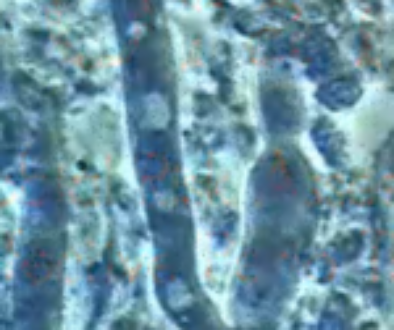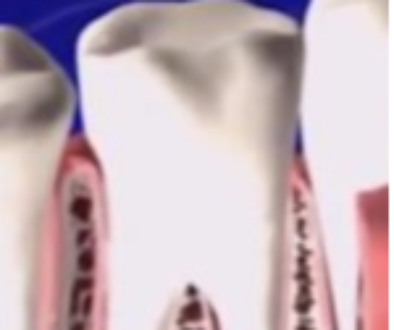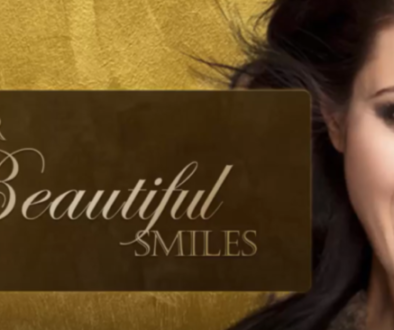Dental Hygiene
Did you know that scientists have found some 900 species of oral microorganisms? Most of these bacteria are relatively harmless, but some aren’t. One, Streptococcus mutans, causes tooth decay (cavities). Another group of bacteria, mostly Gram negative anaerobes, cause periodontal (gum) disease, the leading cause of adult tooth loss.
Anaerobes (bacteria that need little oxygen) are also responsible for malodor (bad breath). As they feed on the food residues on the tongue and teeth, they break down proteins, releasing volatile sulfur compounds, fatty acids and other foul-smelling and noxious gases.
Did you know that scientists have found some 900 species of oral microorganisms? Most of these bacteria are relatively harmless, but some aren’t. One, Streptococcus mutans, causes tooth decay (cavities). Another group of bacteria, mostly Gram negative anaerobes, cause periodontal (gum) disease, the leading cause of adult tooth loss.
Anaerobes (bacteria that need little oxygen) are also responsible for malodor (bad breath). As they feed on the food residues on the tongue and teeth, they break down proteins, releasing volatile sulfur compounds, fatty acids and other foul-smelling and noxious gases.
You can reduce the risk of gum diseases by removing food residues and reducing bacterial levels after meals. Good oral hygiene starts with brushing the teeth, gums … and tongue! 75% of malodor originates from bacteria growing on the back of the tongue. Brushing and flossing are most effective at cleaning around the gum line. A tongue scraper is more effective for the back of the tongue. Disrupting the bacteria below the gum line is also essential to prevent gum disease.
Most commercial mouthwashes aren’t very bactericidal not to mention the fact that rinsing doesn’t get below the gum line at all. Instead of rinsing, we recommend brushing along the gum line with an antimicrobial paste or rinse using a sulcular brushing technique, sometimes called a Modified Bass technique. If you have periodontal pockets deeper than 4 mm, irrigation is much more effective than brushing. The Viajet Oral Irrigator can be ordered with special tips to irrigate to the full depth of even the deepest periodontal pockets.



